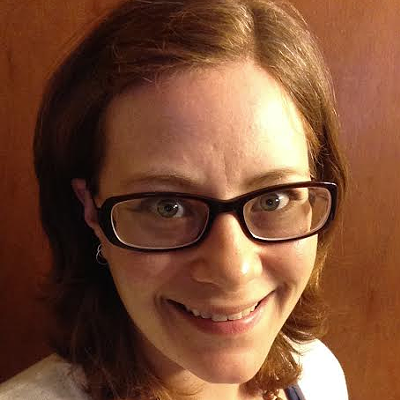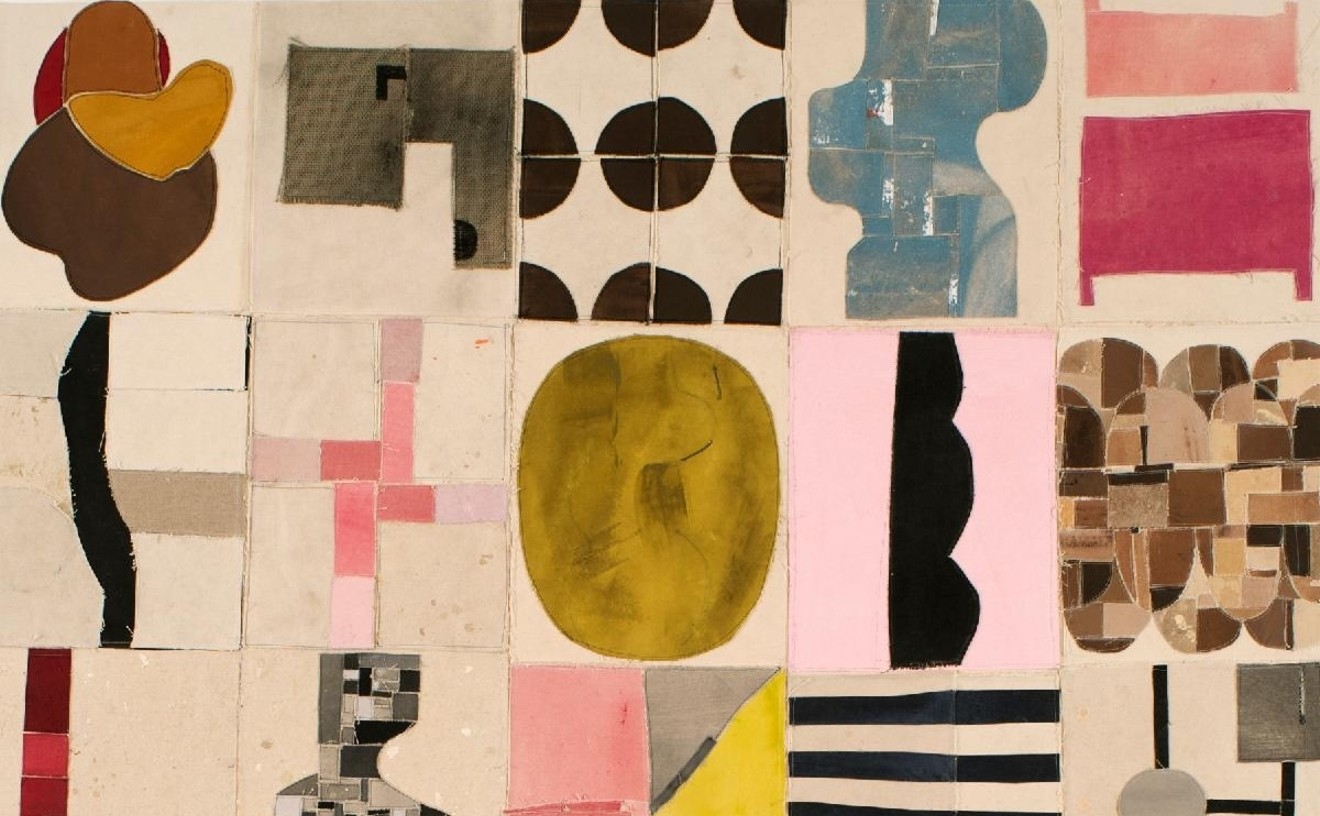Westword: Where did the idea for Sugar In My Bowl come from?
Erica Jong: It came from a publisher, but then it sort of went crazy from there. Initially, I wasn't sure I wanted to do it, because I've been so typecast with sexuality in literature -- and I wasn't sure I wanted to do an anthology at all. But many, many very good writers wanted to be a part of it, and when the pieces started to come in, they were so varied and different. None is explicit, but each has a different aspect to share.
How did you go about selecting the writers included?
I wrote to the writers I admire and love, and some were in the midst of a project and couldn't do it -- and some had to be coaxed. As I say in my introduction, some wanted to ask permission of their children or spouses.
Why is that, do you think?
Women are very careful. Women are not Anthony Weiner! They're very careful, and they think it's their obligation to hold the family together, and I think that sometimes kind of causes women to not want to write about their personal lives. So it moved them to ask permission.
Was there anything that you encountered that surprised you during this process?
Many things surprised me. First of all, how hard it was to write frankly about your life. But the other thing was that when I coaxed people and got them to write, they came out with astonishing stuff. I have in this book Liz Smith talking about sex during World War II in a very tender way. Many people wrote against type, they didn't write the things they usually write, and that was wonderful. My daughter, Molly Jong-Fast, wrote a piece, "They Had Sex So We Don't Have To," that really surprised me. It's a kind of rant against the sexual revolution, very satirical. The daughter's generation never wants to do what the mother's generation does, they have to distinguish themselves. And Julie Klam's piece in which she talks about how she couldn't teach her daughter the world "vagina" was wonderful.
How would you describe this book to people who might be unfamiliar with you and your work?
Sugar in my Bowl is the story of sexual attitudes now, attitudes toward childhood sex, elder sex, women in their 20s, 30s, 40s, 50s, 60s, 70s. I can't think of another place where you can get as broad a scope of what people think of sexuality.
What are you most proud of in this book?
I'm proud of having found myself as an editor, in that I really enjoyed pushing people to rewrite and to go deeper. I'm sort of a born teacher, and I love that part of it. I'm going to be in Colorado to teach at the Summer Words program in Aspen. So I'm going to be teaching a course called "How to Write the Story of Your Life," in which I teach people how to write interesting memoirs. In the past, I've read my poetry at Winter Words -- I've been to Aspen many times before, my best friend lives in Aspen.
What are some of the challenges in writing your own life story?
Life has no plot, and in order to make the story of your life interesting, you often have to use fictional techniques. That doesn't mean you're lying; it does mean that you're crafting it to make it exciting, and that's really the center of my course. How do you take the sprawlingness of a life and make it readable?
Is there anything else you'd like to add?
I love teaching. I have had a really great time in the past at Aspen, so I want people to know that that's the reason I'm coming out.











